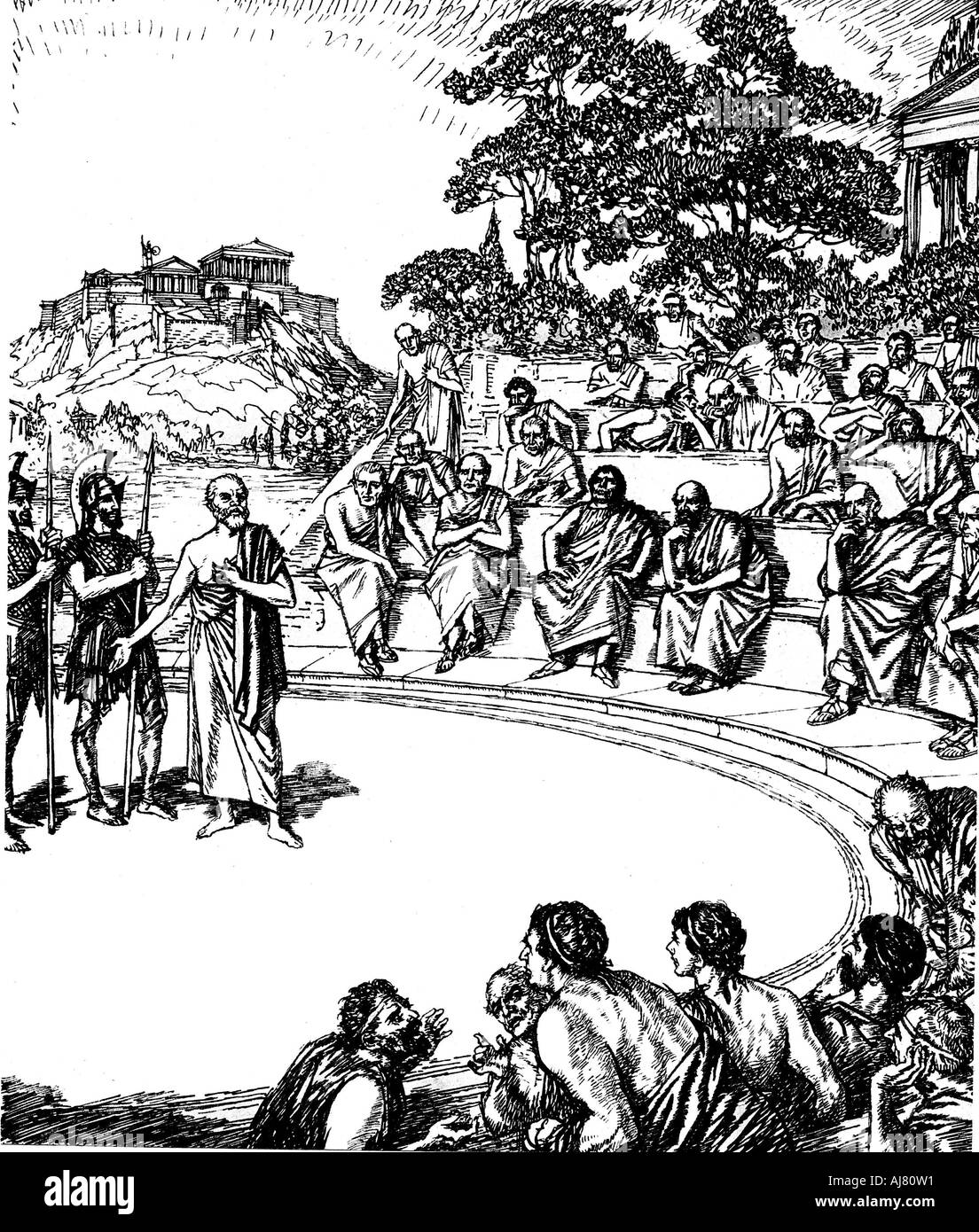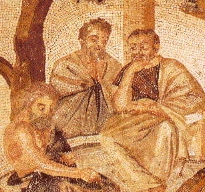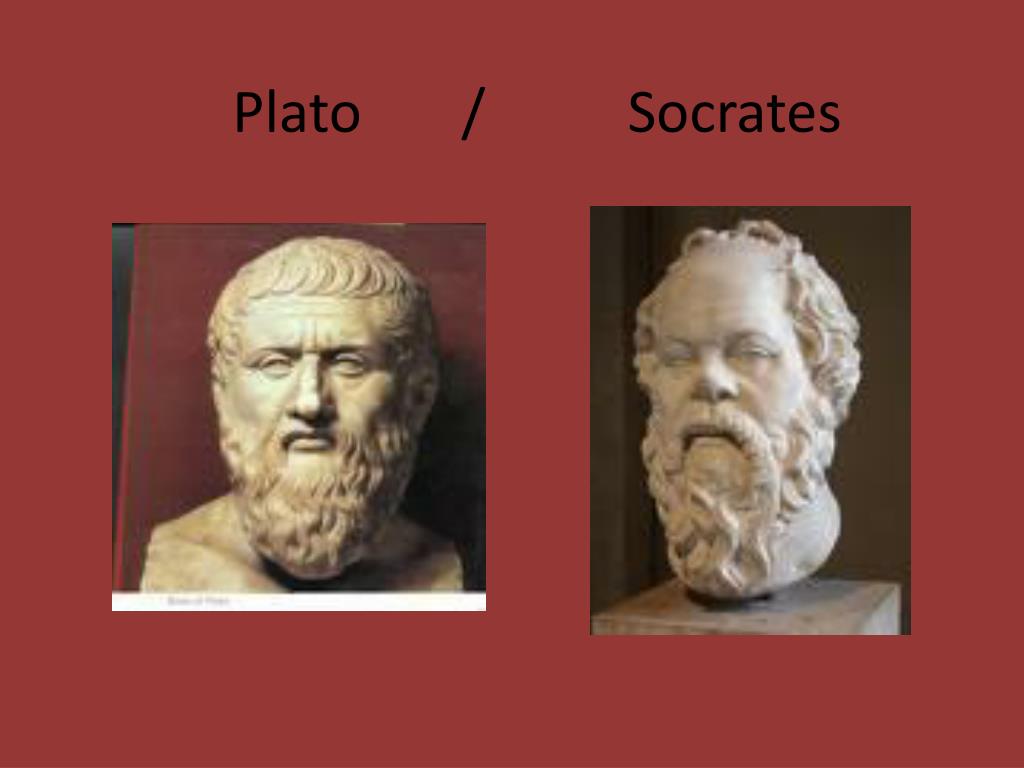

Socrates' death would be an offense against Apollo. Socrates' mission to teach virtue is a great blessing for Athens. Socrates cannot agree to cease his work it would be impiety toward the god. Socrates is acting in obedience to Apollo as an investigator. Socrates is not afraid of death desertion is dishonor. Young men have listened to Socrates, as he exposed the frauds, but Socrates is not Has been testing this revelation all his life by conversation with the conventionally Socrates is not an atheist: Apollo himself has called Socrates 'wise', and Socrates a professional teacher of the 'political arts') REFUTATION by defining the 'old charges' against him: Socrates says he is not an orator, and at the age of 70 he is too old to learn. insinuating: the Jury must be won over from an established hostility to the Defenseīecause of Socrates' bad reputation, especially because of Aristophanes play, The Clouds. on charges of ‘corrupting the youth’ and ‘believing in gods which the State does not recognize’. Commentators have typically attempted to tackle the interpretative problems one by one, but I shall argue that they resist satisfactory resolution and instead alert us to an ironic reading of this passage.The Apology of Socrates purports to be a reconstruction of the defense speeches in Socrates’ trial in 399 B.C. This article will examine Socrates' argument in detail and discuss a number of salient problems that arise from it. Since either scenario constitutes a good state, death should be considered something good (40C5–41C7).

Socrates supports this claim with an argument in the form of a constructive dilemma: either death involves the cessation of consciousness, in which case our afterlife existence will resemble a single night of dreamless sleep, or after our death we will go to a place where all the dead are ruled over by just judges. Among other things, he declares that he has no reason to fear death, but that, on the contrary, the death penalty he received only moments before may well be considered a blessing. While his defence in the Apology was already audacious, Socrates' closing speech appears even more provocative. It was unprecedented, as far as we know, for a defendant in the Athenian court to end his trial by addressing the members of the jury, but the Apology has Socrates doing just that.

As in the Phaedo, it is his impending death that prompts Socrates to speculate about the nature of the afterlife: as soon as his verdict is announced, Socrates turns to the jury to gloss on his sentencing. In a familiar passage at the end of Plato's Apology, Socrates offers an account of what he believes will happen to us when we die.


 0 kommentar(er)
0 kommentar(er)
